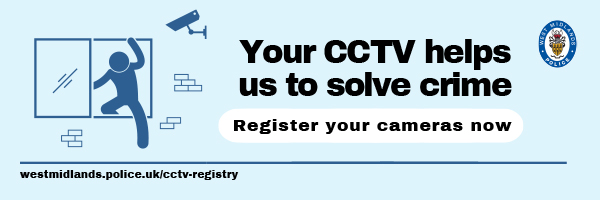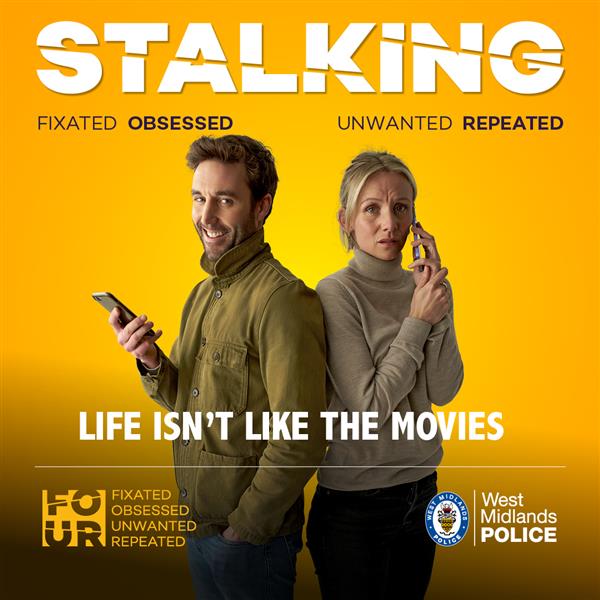|
||||
|
||||
|
|
||||
|
Dear Resident Today marks the start of National Stalking Awareness Week and we want to help people understand what stalking is and highlight the support available for victims.
Stalking often follows a harmful pattern known as FOUR: Fixated, Obsessed, Unwanted, and Repeated. Any persistent, unwanted contact that causes distress is stalking and it’s never acceptable. Stalking can take many forms, such as offline behaviour - visiting someone’s home or workplace, following them, or leaving unwanted gifts. This behaviour can also happen online such as unwanted social media messages, calls, texts, emails, hacking, or installing spyware. It could be someone you know, like an ex-partner or acquaintance, or even a stranger. If you’re being stalked, it’s not your fault, and there is help available. Media portrayals of stalking, which sometimes romanticise obsessive behaviour, can make victims question their experiences. However, stalking and harassment aren’t romantic. They’re serious crimes with devastating consequences. Click here to watch our film to learn more about stalking and how to spot the signs. As part of our commitment to tackling stalking, we’ve been working hard to improve our response. We’ve implemented updated training and guidance for our officers and staff to ensure they better understand stalking and harassment behaviours. This training also focuses on recognising the impact on victims and using existing police powers effectively to pursue offenders and protect those at risk. If you believe you’re being stalked, here’s how you can get help: If you’re in immediate danger, call 999. Otherwise, you can report online using Live Chat or by calling police on 101. If you are not ready to speak to police, please reach out for support from the Suzy Lamplugh Trust and National Stalking Helpline. The unwanted, repeated attention can have a serious impact on your physical or mental health, as well as your day-to-day life. Some people who have been stalked or harassed have had to make changes to their daily lives; some have changed jobs or moved house. It's important that you get the support you need if this is something you're experiencing. If you're not ready to report to us, that's OK, there are other organisations that can give you advice and help. Keep a record of events: For more advice and support on reporting stalking and harassment, visit our crime prevention page here | ||||
Reply to this message | ||||
|
||||
|
|
||||

|
|






